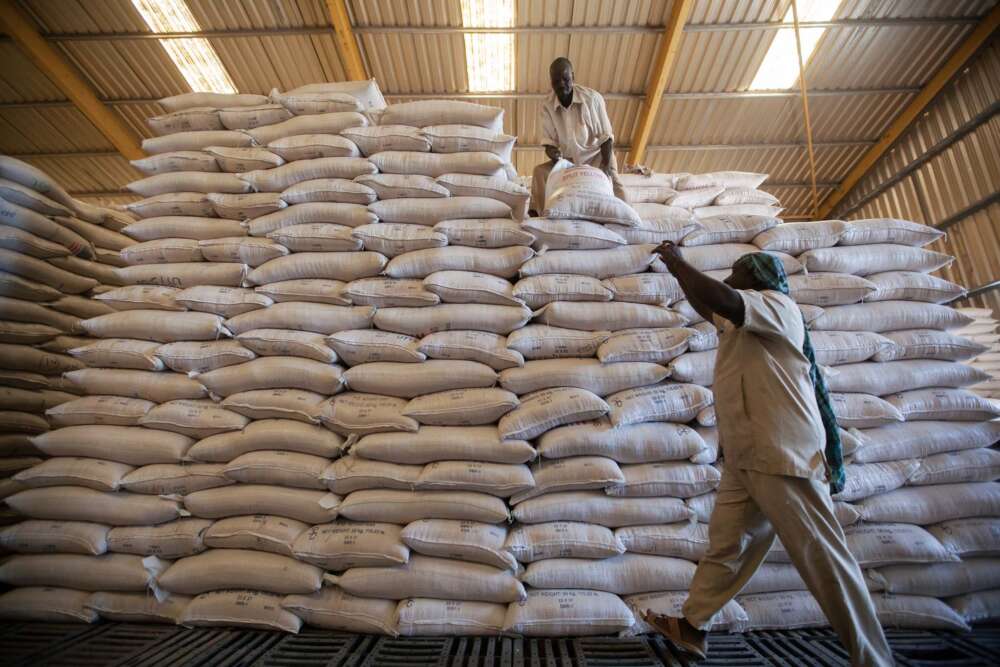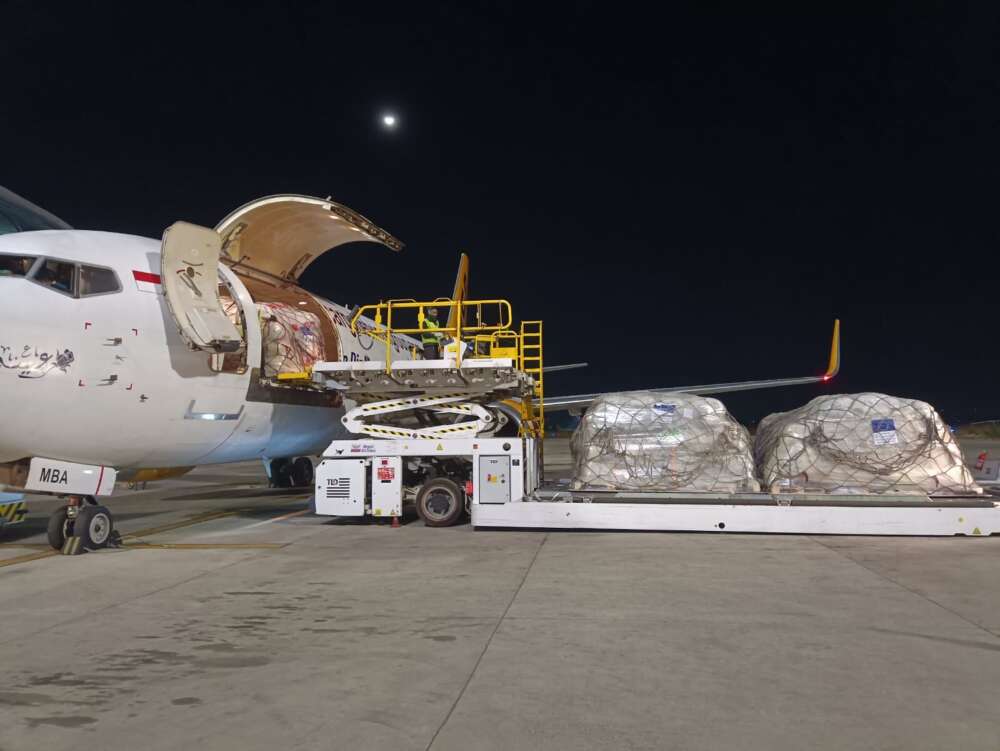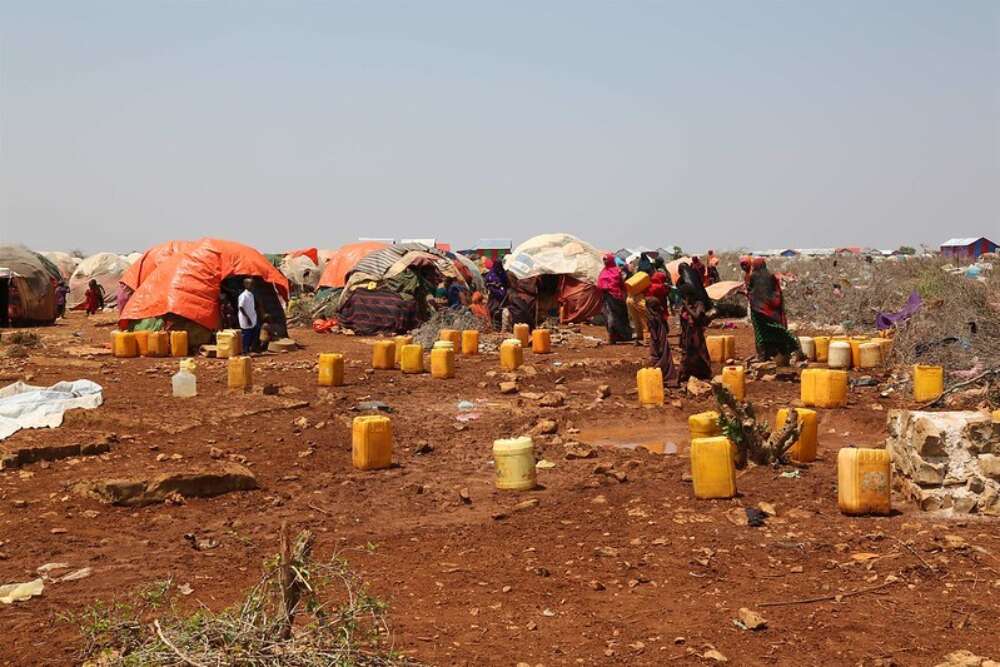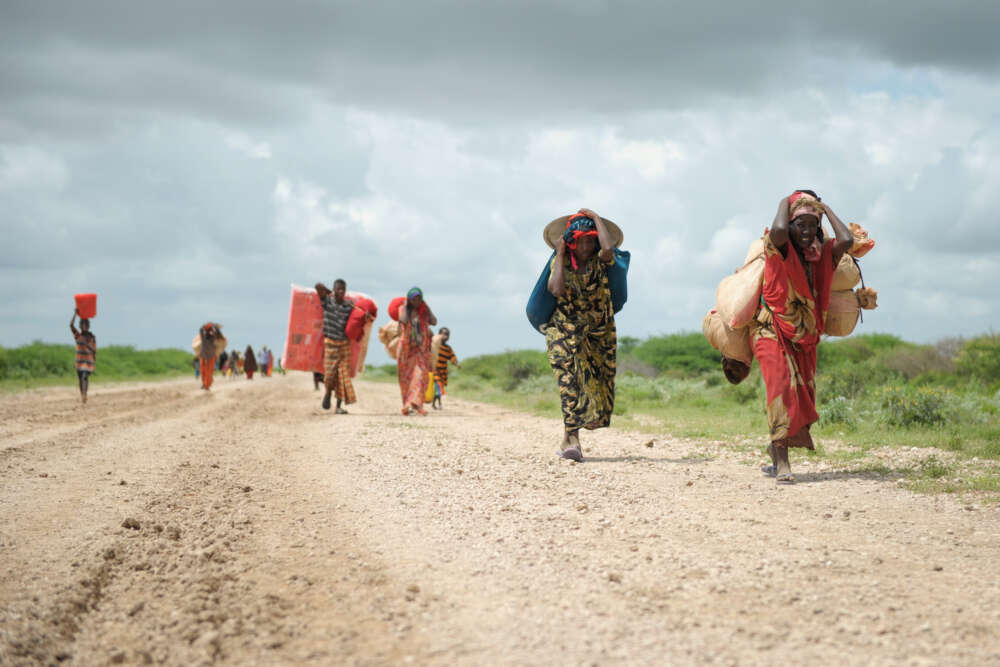Understanding the Dynamics of Humanitarian Data Sharing with Donors
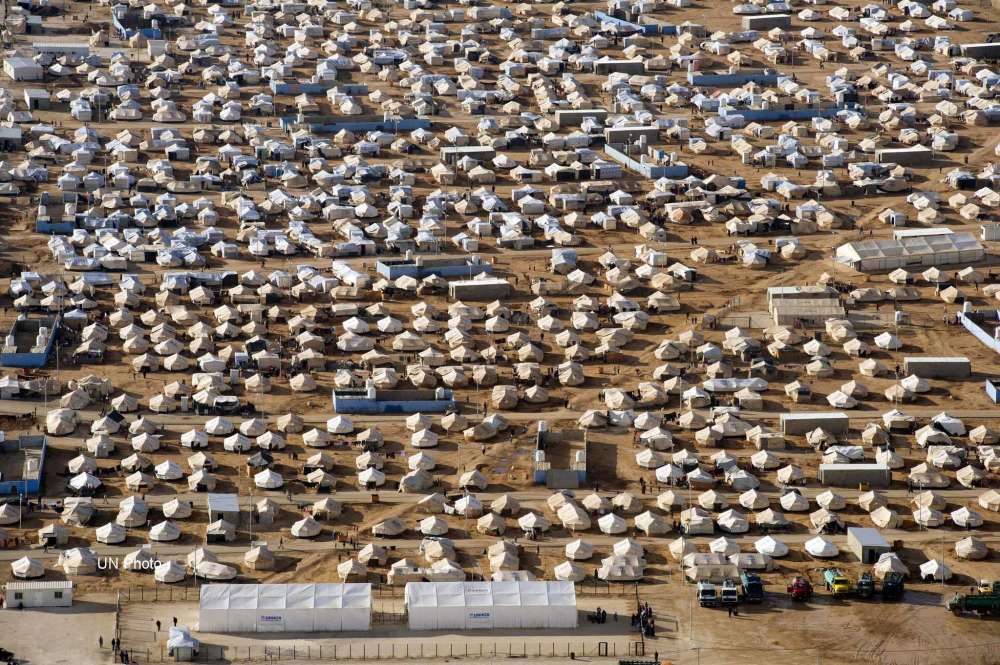
Humanitarian organizations are collecting and sharing an increasing amount of personal and sensitive data from the people they assist in order to improve programs, coordinate with others and ensure accountability to donors. At the same time, donors use the data they receive from humanitarian organizations in their reporting on how publicly-funded aid budgets are spent and to develop their own understanding of humanitarian crises. To cooperate effectively, donors and humanitarian organizations require a system that enables them to responsibly share data without jeopardizing the security and privacy of crisis-affected people or damaging trust in the neutrality and independence of humanitarian organizations. To search for a solution, humanitarian organizations and donors launched the Wilton Park dialogue ‘Responsible Data Sharing with Donors: Accountability, Transparency and Data Protection in Principled Humanitarian Action’ in September 2020. The dialogue is part of the Humanitarian Data and Trust Initiative of the Government of Switzerland, the International Committee of the Red Cross (ICRC) and the United Nations Office for Coordination of Humanitarian Affairs (UN OCHA) Centre for Humanitarian Data.
Crisis-affected people have limited power to give informed consent on the use of their data – let alone hold organizations accountable for what they do with this information. This puts the onus squarely on humanitarian organizations to ensure that data is protected from unlawful or unauthorized disclosure or misuse. Individuals or communities can be identified based on disaggregated data that is not adequately secured. Whether intentional or accidental, such violations of privacy are not only problematic in their own right, but can also put individuals at risk. In the worst case, states and non-state actors could use such data to control or discriminate against particular individuals and groups. In addition, trust in humanitarian organizations is undermined when people suspect that data is used for non-humanitarian purposes – which in turn reduces organizations’ acceptance and ability to operate.
Data sharing between humanitarian organizations and donor governments is one part of this broader risk scenario. Inherent power dynamics between humanitarians and those funding their operations, the absence of a common data sharing framework and the lack of awareness of privacy concerns, data protection and data security among humanitarian staff complicate the exchange of information.
The ICRC has commissioned the Global Public Policy Institute (GPPi) to study how risks identified during the first Wilton Park dialogue materialize when humanitarian organizations share data on affected people with donors. The team will conduct confidential interviews with staff from various humanitarian organizations in different case study countries and run a statistical test of select data sets and donor requests to find out how easy it is to re-identify individuals. Based on this risk analysis and the findings of the donor requests mapping (conducted in parallel), the research team will propose draft principles for data sharing with donors. These principles will be developed further and decided on at the next Wilton Park dialogue. They will be designed, validated, tested, and disseminated in a user-friendly way that facilitates their application by humanitarian field staff without prior data security knowledge. The final principles will be presented at the UN World Data Forum in October 2021.

